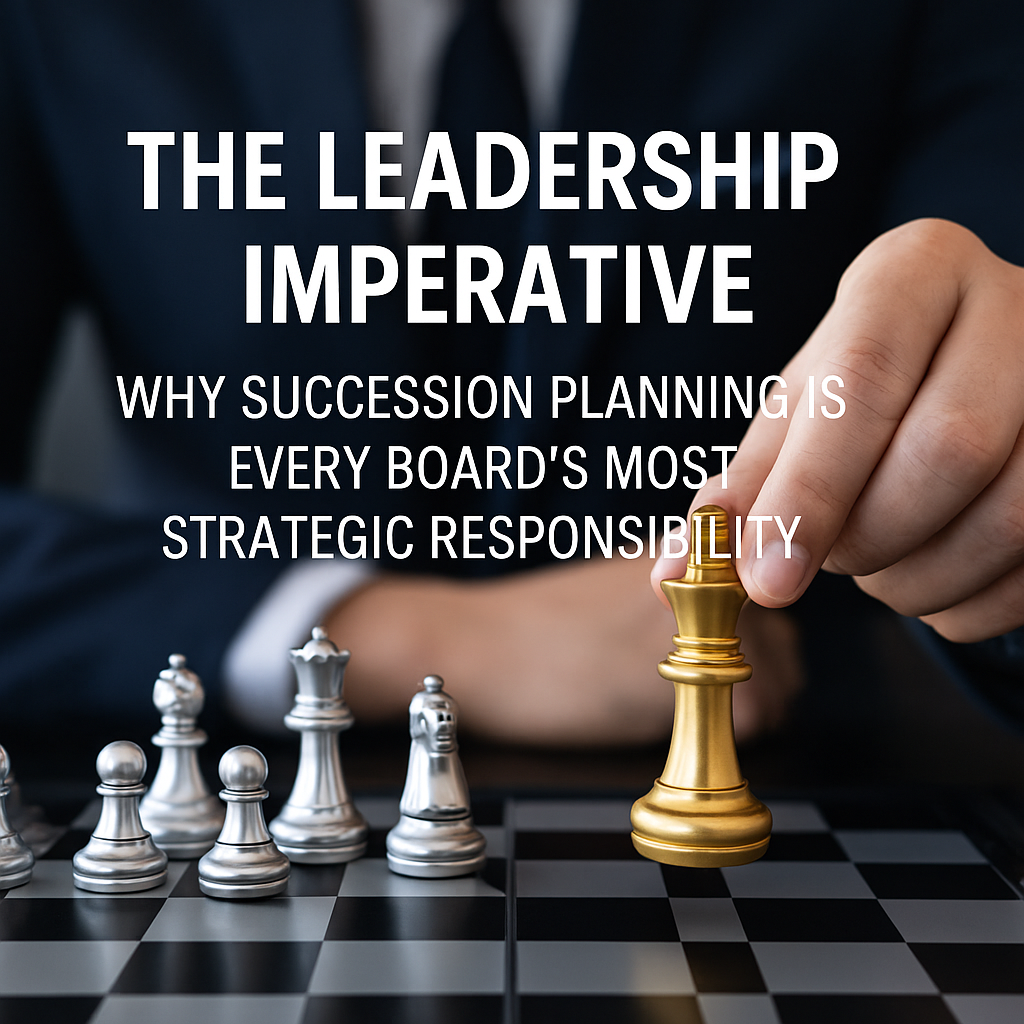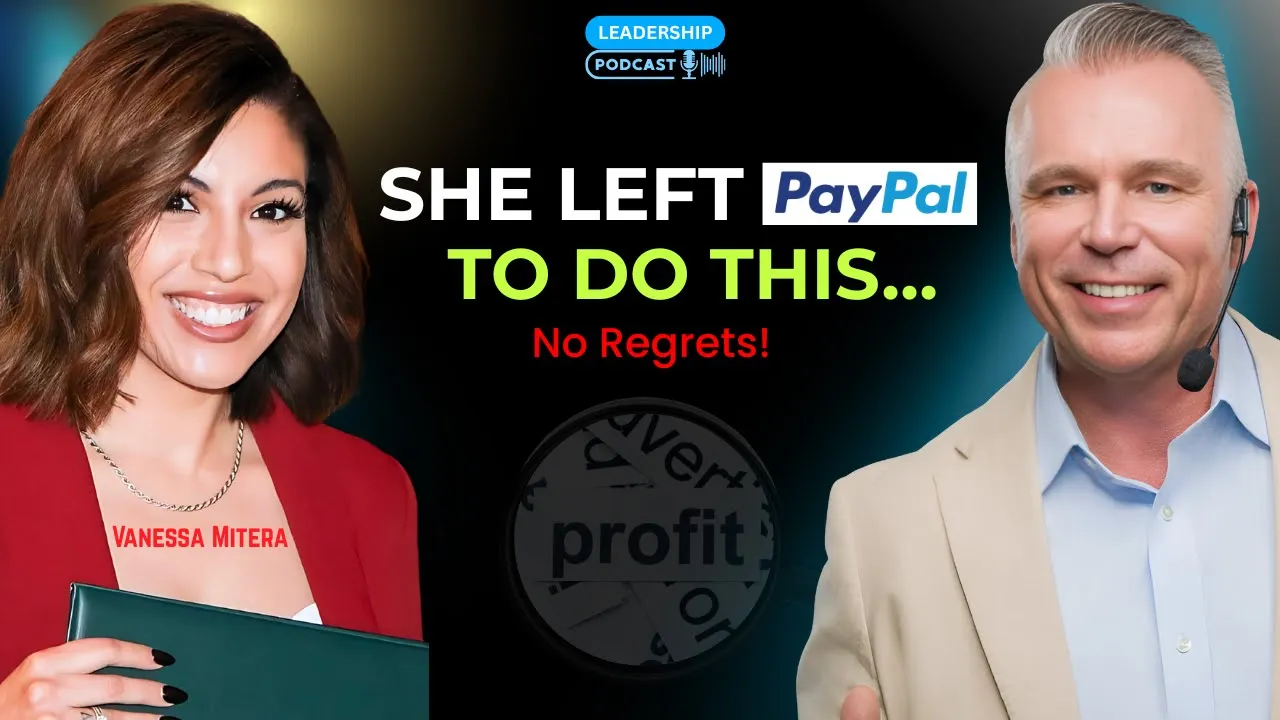When it comes to getting the word out about your business, your own online reputation can be a boon—if you manage it carefully.
1. MAKE SURE YOUR VISION AND VALUES MATCH YOUR COMPANY’S.
I believe in transparency. So many times you see a leader talk the talk, but when you look at their social media and see what their life is like, it may not be in line with their company’s mission, vision, and values. This is why as a leader your personal mission, vision, and values need to be in sync with those of your business so that the way you live is also the way you work and talk to employees. – Martin Rowinski, Boardsi
2. SHOW YOUR PERSONALITY.
I think it’s important to let people see you as a complete human being. People are interested in people. You can spend all the time in the world positioning your company, but at the end of the day, it will be something personal that makes you memorable. – Laura Kerbyson, Laura Kerbyson Design Company
3. BE AUTHENTIC.
People don’t want a rehash of the corporate literature; they want to know what you think and who you are. Yes, you are a CEO, but you are a human too, as are the people reading your words. So remember that. Be who you are, talk about what you are passionate about, and openly admit if you don’t have the answer. Starting a discussion or asking for help is not a sign of weakness. – Eric Schurke, Moneypenny
4. BE A CHEERLEADER.
Cheer for everyone and everything in your industry. We have a hashtag that we stole from the NBA: #thisiswhyweplay. Essentially, we’re saying, “We love the game of business. We love strong competition and innovation—and it doesn’t matter if you’re our competition or not. Show us what you can do, because game respects game.” – Meagan Bowman, STOPWATCH
5. SHARE YOUR THOUGHT LEADERSHIP.
It’s important to be visible on social media as a CEO today. The best way to do that is to share thought leadership about your industry in a way that aligns with your company’s goals. If you make this the primary purpose of your social media presence, adding in personal interests and hobbies can be a nice humanizing sidelight. Purely personal accounts, however, should generally be kept private. – Scott Baradell, Idea Grove
6. USE YOUR UNIQUE VOICE.
A CEO’s voice should sound like a human voice, not something written by AI that went through six rounds of editing. The spontaneity and vulnerability of a CEO can make them relatable to their audience. It makes them appear responsive and aware of transformations within the industry. – Phnam Bagley, Nonfiction Design
7. DEFINE YOUR BRAND
You have to decide what you want your brand to be. When I ask CEOs to describe their SM brand in a few words, most are hard-pressed to do so. Ultimately, it’s about how you want your personal brand to line up with the brand of your company. They have to swim in the same direction. If not, you risk alienation throughout your ranks. Constantly putting out fires you start will inspire no one. – Richard RB Botto, Stage 32
8. BE YOURSELF WHILE LISTENING TO OTHERS.
It’s easy to think you need to be like someone else, especially in the noisy online world we live in. Be yourself, be humble, and always try to learn from others, even if they have conflicting opinions to your own. – Scott Burgess, Continu
9. CAREFULLY CRAFT A PERSONAL BLOG.
Take control of your online presence by creating a blog and managing your social media. Working on the design and content of your personal blog needs to be as much a priority as the appearance of your business’s website. Create informative blog posts often, share real insights, and answer questions that people ask. By being active online, you contribute to your company’s brand image. – Syed Balkhi, WPBeginner
10. SPARK CURIOSITY.
Provide valuable content that sparks curiosity, shifts perspectives, and allows you to connect with your target audience. Before publishing any content online, think about your ultimate intention and how it aligns with your organization’s purpose. Your actions impact not only your personal reputation but also that of your team and organization. Make wise choices, with no exceptions. – Andreea Vanacker, SPARKX5
11. REMEMBER WHO WILL BE READING.
Keep your audience in mind. Your online presence is seen by employees, customers, and investors. What you say and how you say it can have a tremendous impact. Act accordingly. – Jessica Federer, Jessica Federer
12. BE SLOW TO REACT.
Always take time before acting or reacting online. When you want to comment, position, or share, always take a bit of time to reflect on the impact of the situation, not only on yourself but on the way others could view your organization. Be a steward of good faith for your organization, and those you employ will follow that lead. – Brad Burns, Wayne Contracting
13. DEVELOP A STRONG RAPPORT WITH YOUR PEERS.
Garnering a negative reputation online can be a major setback for one’s business. It can diminish its social appeal and limit its ability to grow. A CEO or an industry expert, therefore, should focus on developing a good rapport with his or her industry peers. Another form of building a reputation can be engaging in social good works for local communities. It earns significant goodwill and helps society at large. – Irfan Khan, CLOUDSUFI
14. AVOID BEING SELF-SERVING.
One of the biggest issues is that CEOs often post and create online content in an overly self-serving way. You have to go beyond just being positive and posting content to get people to see you. Genuinely help people, and don’t ask for anything in return. That’s how you build an authentic and positive reputation that others will talk about. – Kevin Namaky, Gurulocity Brand Management Institute
15. KEEP PUBLIC AND PRIVATE MATTERS SEPARATE.
As a CEO, your online reputation should be carefully managed. All public-facing messages should be given significant thought before being published. Most importantly, public-facing messages should present a consistent, authentic message that aligns with both you and your company. Lastly, keep private and public matters separate in your online presence. – Fehzan Ali, Adscend Media LLC









